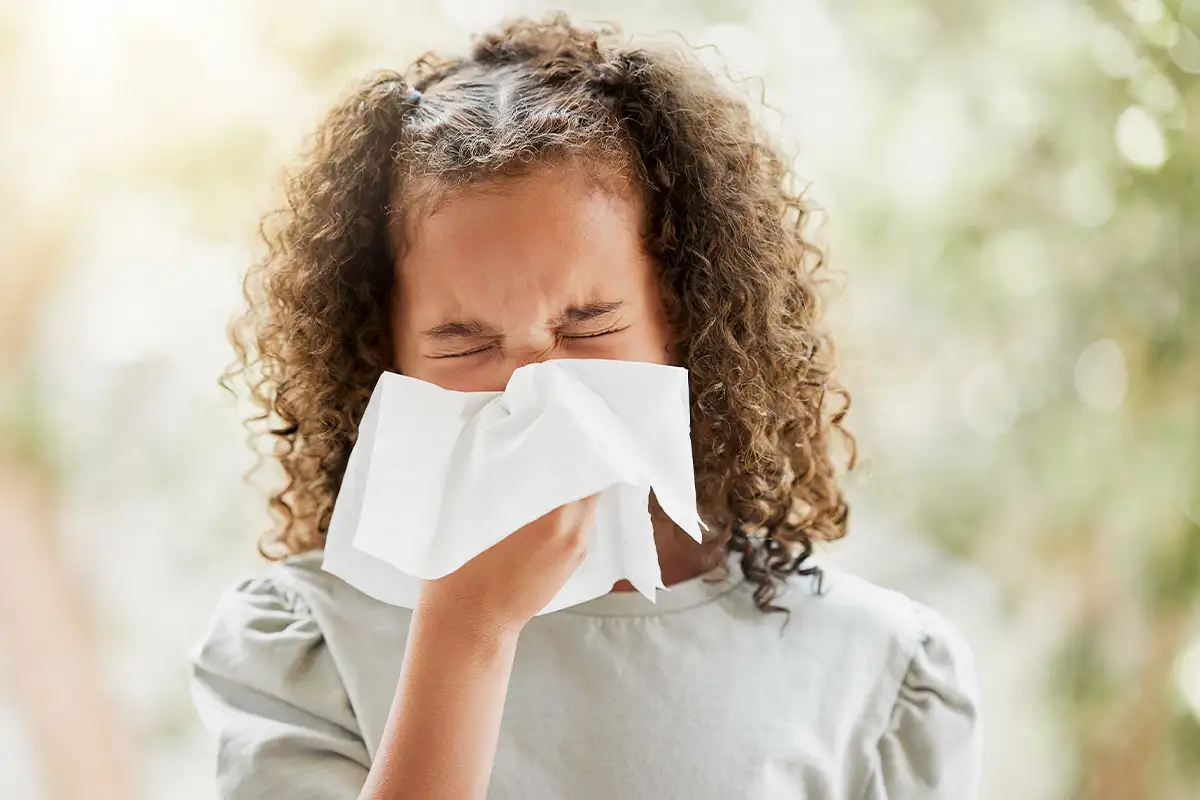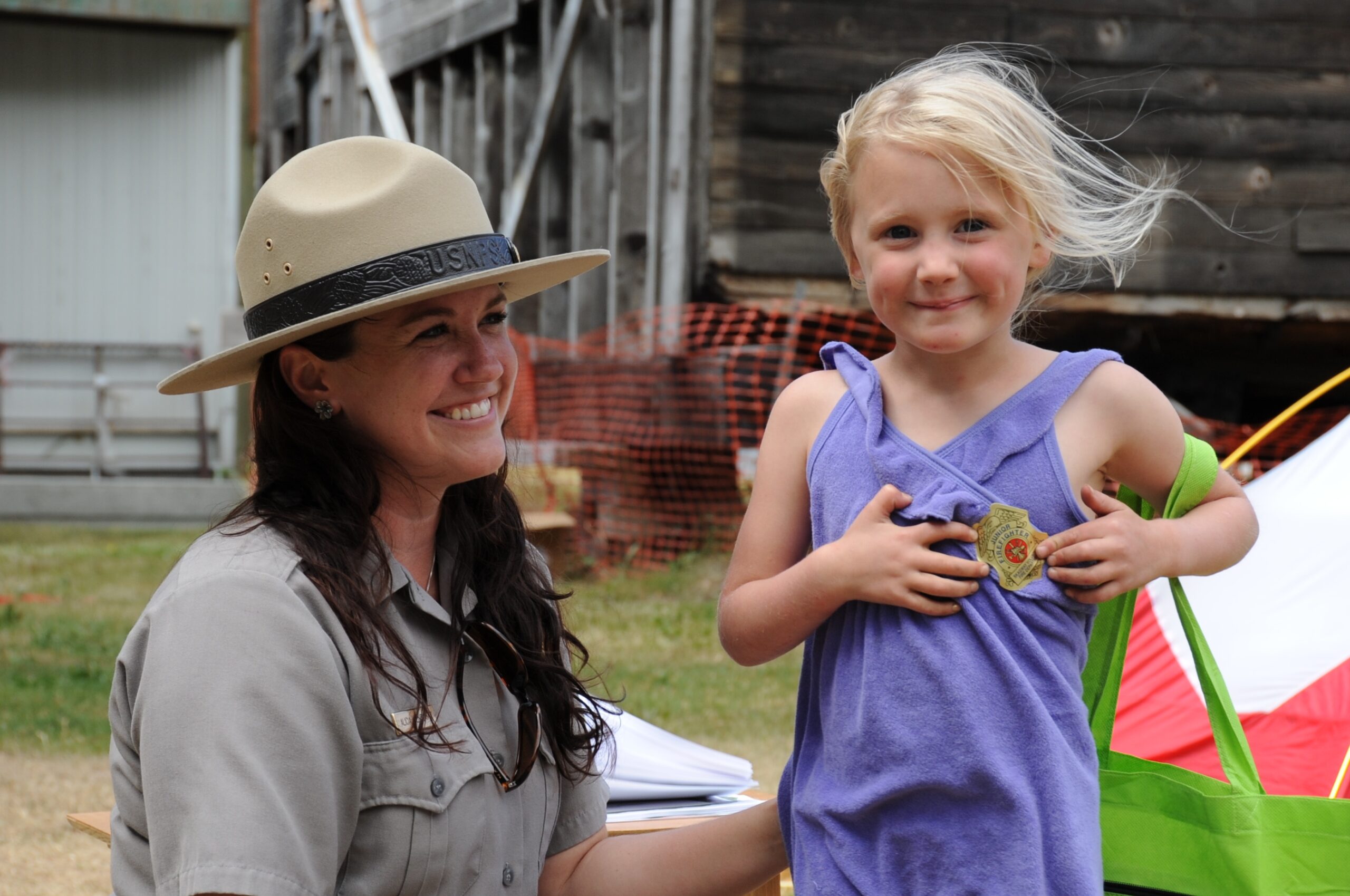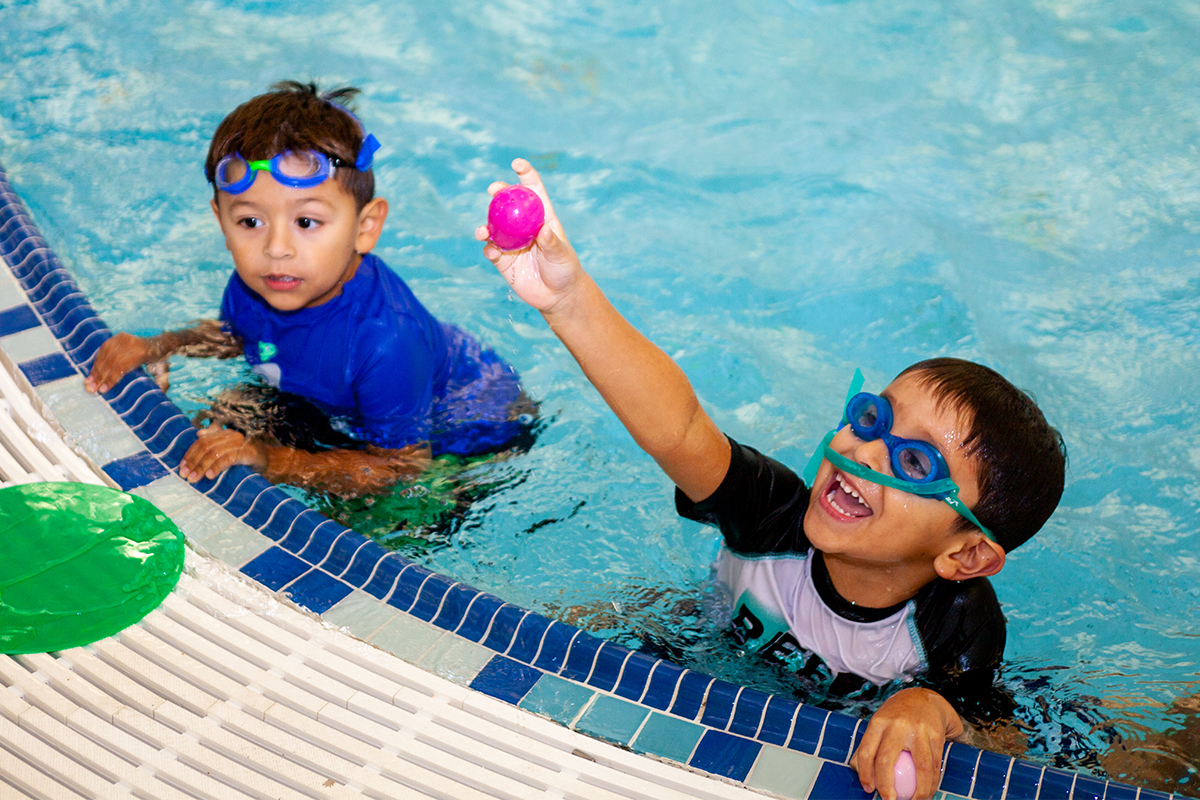Now that spring has sprung, everyone is excited to go outside and enjoy the warm weather. However, due to seasonal allergies, spring can bring great discomfort and anguish to some, especially children who love to play outside. To help parents ensure their child can enjoy all the spring activities, Dr. Hemant Sharma, chief of the Division of Allergy and Immunology at Children’s National Hospital, provides some advice on allergy prevention and treatment.
Tips for Prevention
1. Identify specific allergens
Seasonal allergies can be caused by a variety of triggers, including tree, grass, and weed pollens and mold spores. Identifying which one your child is experiencing symptoms towards could help you to plan what times they can be outdoors and when they should remain inside.
2. Monitor pollen forecasts
For those with pollen allergies, keeping track of forecasts can help you to avoid minimizing exposure when pollen counts are high. Weather apps on your phone tend to provide this information.
3. Wear protective gear when outdoors
Preventative gear like sunglasses can help prevent watery, itchy eyes. It is also advised to avoid wearing clothing made of synthetic fibers, like polyester, nylon, and spandex, as they trap certain allergens like pollen.
4. Take a shower when returning indoors
After returning home, changing and taking a shower can help to wash off any potential triggers that may cause a reaction and can prevent pollen from lingering on clothes or in hair.
5. Keep doors and windows closed
When indoors, shutting the windows and doors can stop allergy triggers from lingering in your home and stop the accumulation of indoor pollen.
Allergy Medication
What type of medicine should I give my child for seasonal allergies?
Antihistamines are a great go-to for allergy symptoms like sneezing and itchy eyes. For watery eyes and nasal congestion, eye drops and nasal sprays are also a great option.
If allergy symptoms persist, ask your pediatrician about seeing an allergist for testing and other potential options, such as prescription medication and allergy shots.
When should I start giving my child their medicine?
It’s best to start medication before spring allergy season begins in late February. This will give the medication time to work, reducing symptoms and allowing your child to enjoy the outdoors.
Feature image, stock.adobe.com




